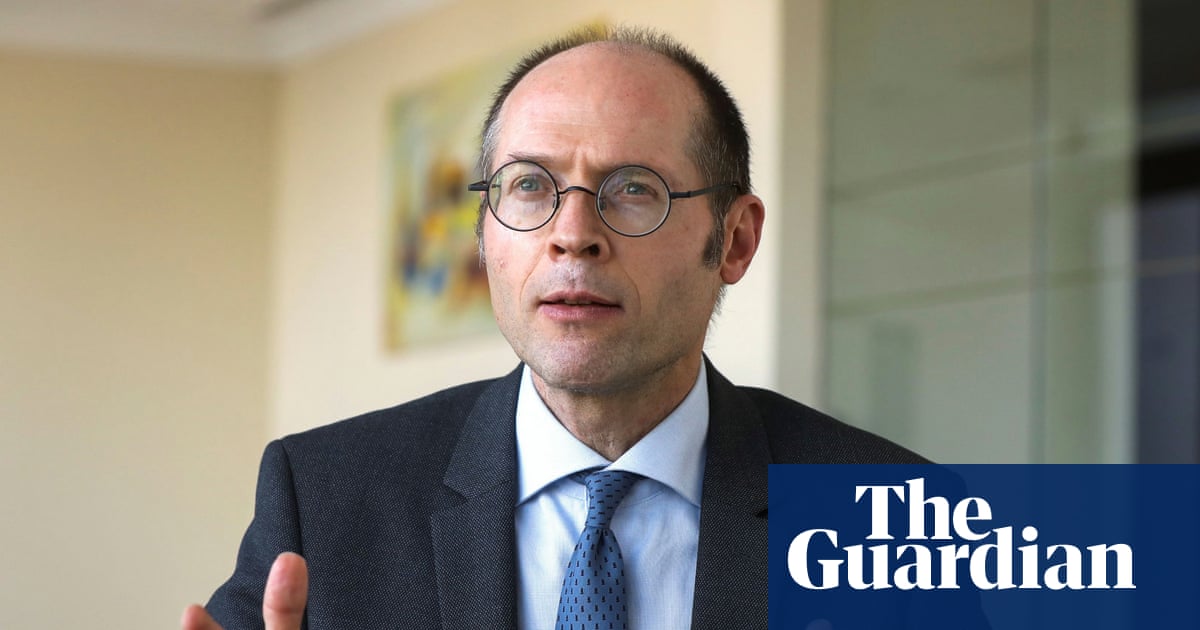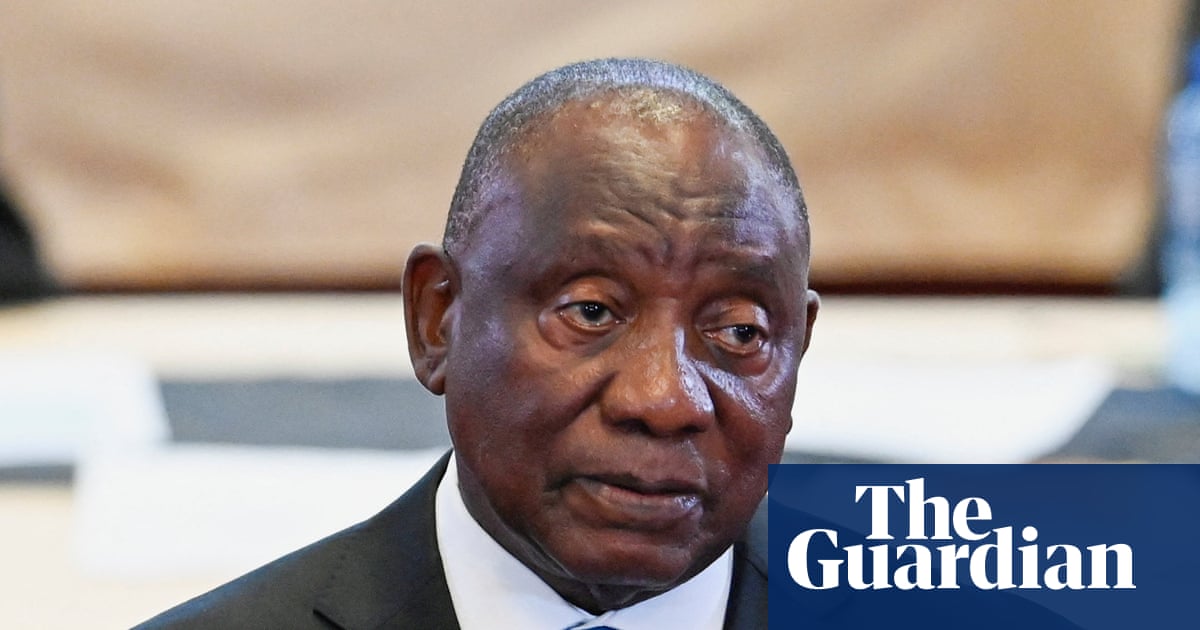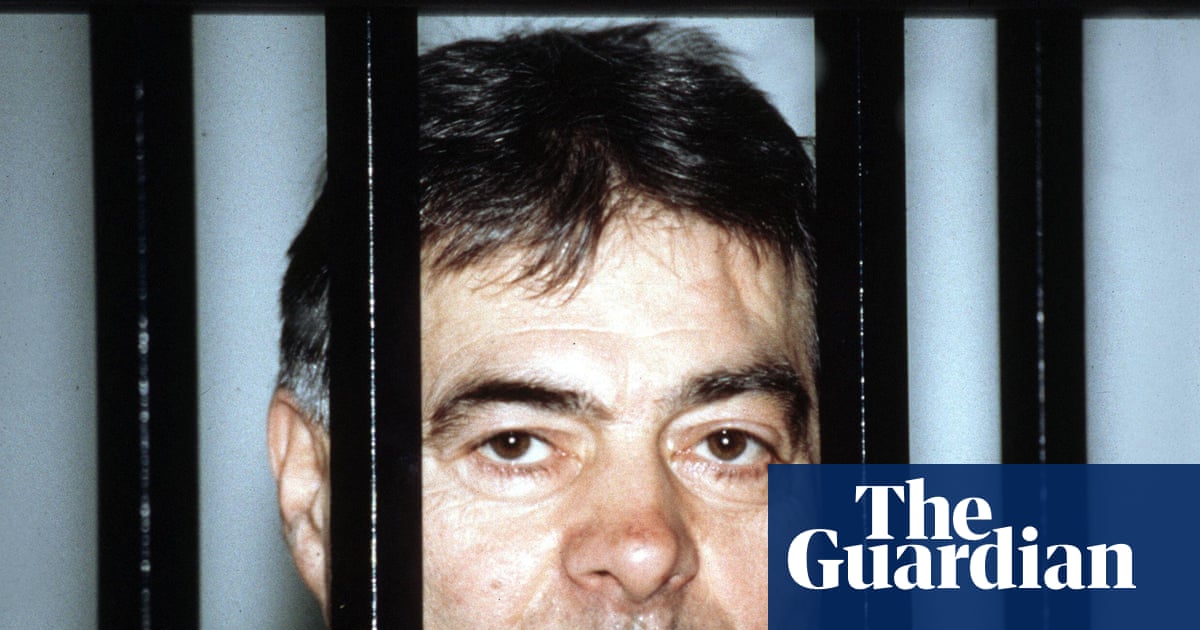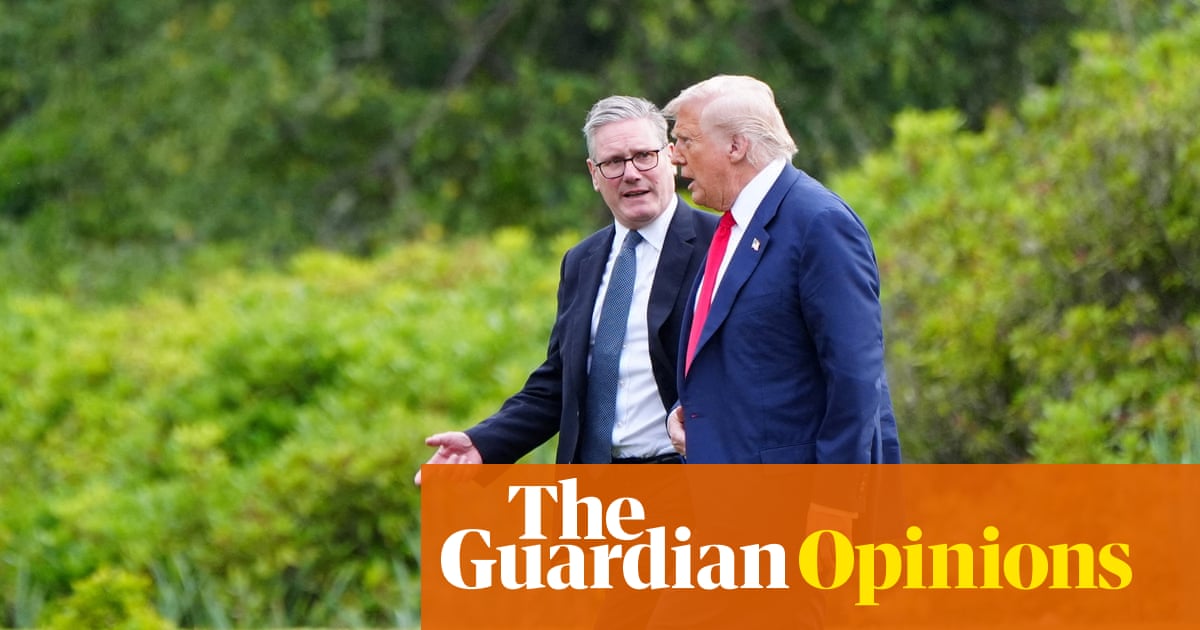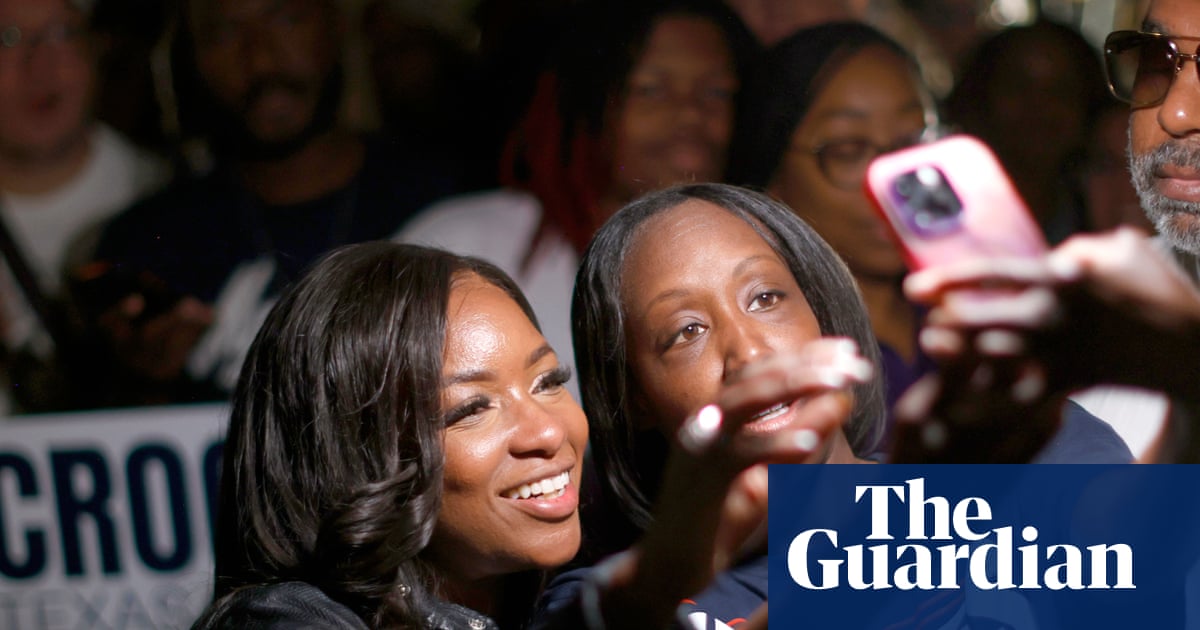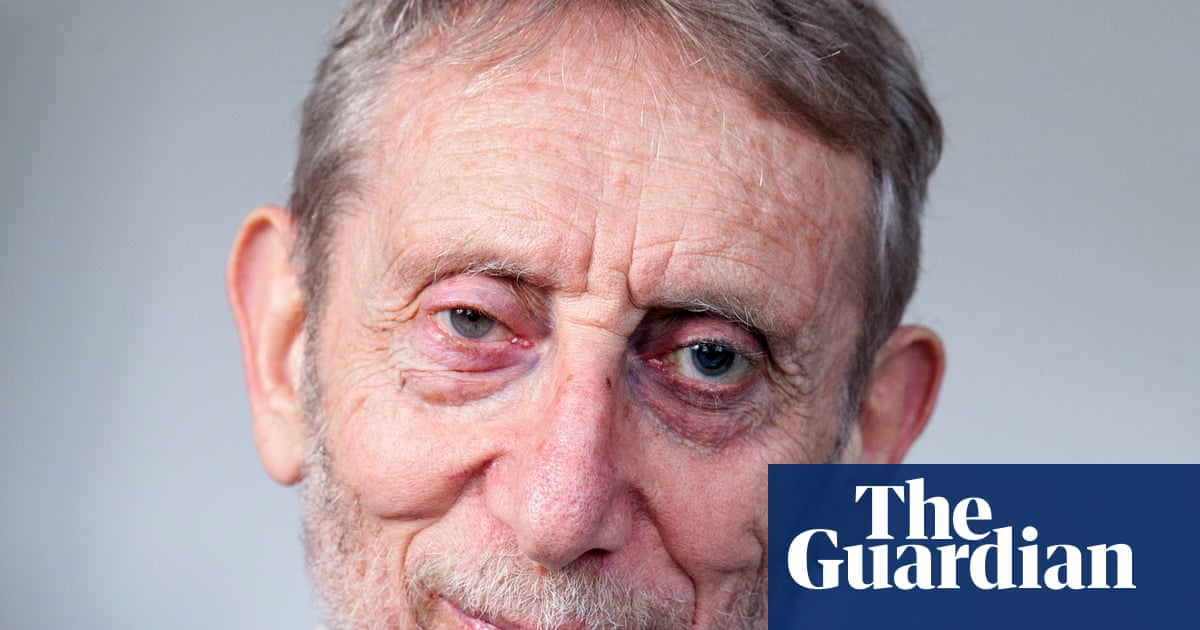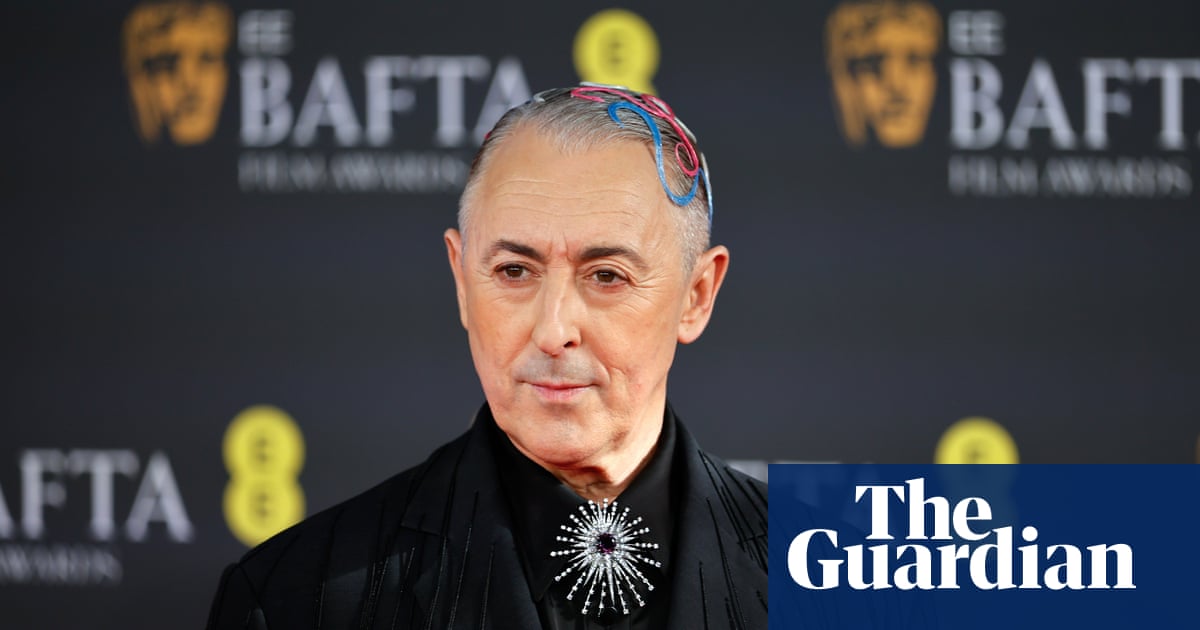Nigel Farage has rowed back from his party’s election promise to cut £90bn of taxes, accusing Labour and the Tories of “wrecking the public finances” and saying Reform UK would need to get public spending under control first.
The Reform leader rejected suggestions he had been forced to break manifesto promises in order to gain economic credibility, suggesting the proposal had only ever been an “aspiration”.
As well as backtracking on the party’s 2024 pledge to raise tax-free thresholds to £20,000, he refused to guarantee that the pensions triple lock – estimated to reach £15.5bn by 2030 – would remain under a Reform government.
Farage’s speech in the City of London laid bare the tensions at the heart of his project, as he attempts to improve his party’s economic credibility, which political opponents regard as a weak point, while at the same time retain the electoral benefits of political insurgency.
Reform’s manifesto committed the party to tax cuts worth about a third of the NHS budget, but economists said the plans – along with £50bn of spending commitments and £150bn of cuts – were “problematic” and cost far more than claimed.
Reform has yet to set out any detailed plans on spending cuts, although it has signalled there will be big reductions on welfare benefits, net zero policies, support for asylum seekers, foreign aid and the Whitehall civil service.
In his speech, Farage said: “I cannot tell you what the state of the economy will be as the next general election approaches. If I’m right, and that election comes in 2027 then the economy will be in an even worse state than any of us in this room could even relate.
“So how can anybody project on pensions or thresholds or any of those things between now and then … They were only ever aspirations. I think what you’re seeing today is us being realistic about the state of the economy.”
Reform is also understood to be looking at changes to public sector pensions, leading to suggestions that it could cut the future incomes of millions of nurses, teachers and police. Farage said he was focusing on “exorbitant” management fees paid by pension funds.
He ruled out any immediate major tax cuts should Reform make it to power, saying that he would introduce “relatively modest” savings at first, including reversing the inheritance tax on farms and raising tax thresholds.
Farage said he wanted Reform to be the party of working people – lifting Nick Clegg’s line on “alarm clock Britain” – but suggested the minimum wage for younger workers was too high, and criticised the government’s workers’ rights bill, arguing it damaged small businesses.
“There’s an argument the minimum wage is too high for younger workers, particularly given that we’ve lowered the level at which NIC [national insurance contribution] is paid to £5,000 a year. So do one or the other: either lift the cap at which NI is due, or lower the minimum wage for lower [sic] workers.”
Farage said the UK was suffering a wealth drain, just as it experienced a brain drain in the 1970s, underlining his opposition to the non-dom tax, which he argued forced many high earners out of the country to avoid paying tax here. “The exodus is real,” he said.
“These people pay their UK taxes. These people employ a lot of people. These people invest in British businesses and British industries. These people are the biggest spenders in the country.
“I want as many high-earning people as possible living in this country, and paying as much tax as they legally have to. Because if the rich leave and the rich don’t pay tax, then the poorer in society will all have to pay more tax. It’s as simple as that.”
Farage said there had been “misunderstandings” about Reform’s policy on benefits, saying that he would lift the two-child benefit cap – but only to help low-paid British couples who were both working.
The party last week announced it would bring in huge cuts to disability benefits if elected. Farage claimed Reform could save £9bn by scrapping Pip payments for those with low-level anxiety, although the figure is disputed and it was unclear where it came from.
Farage, who has been blamed by Labour for poor economic growth as the architect of Brexit, said the opportunities of leaving the EU had been “squandered”.
“The opportunity to sensibly deregulate, the opportunity to become competitive globally – all of that has been squandered. The worst thing is that regulations and the way regulators behave with British business is now worse than it was at the time of the Brexit referendum vote.”
In questions after the event, Farage was unwilling to say who his chancellor could be in government, despite the party’s deputy leader, Richard Tice, acting as its economic spokesperson.
“This is a work in progress. What I’ve tried to do really hard this year is to get away from this idea, this criticism, that somehow it’s a one-man band. It’s not a one-man band. It’s a broadening team,” he said.

 3 months ago
102
3 months ago
102

